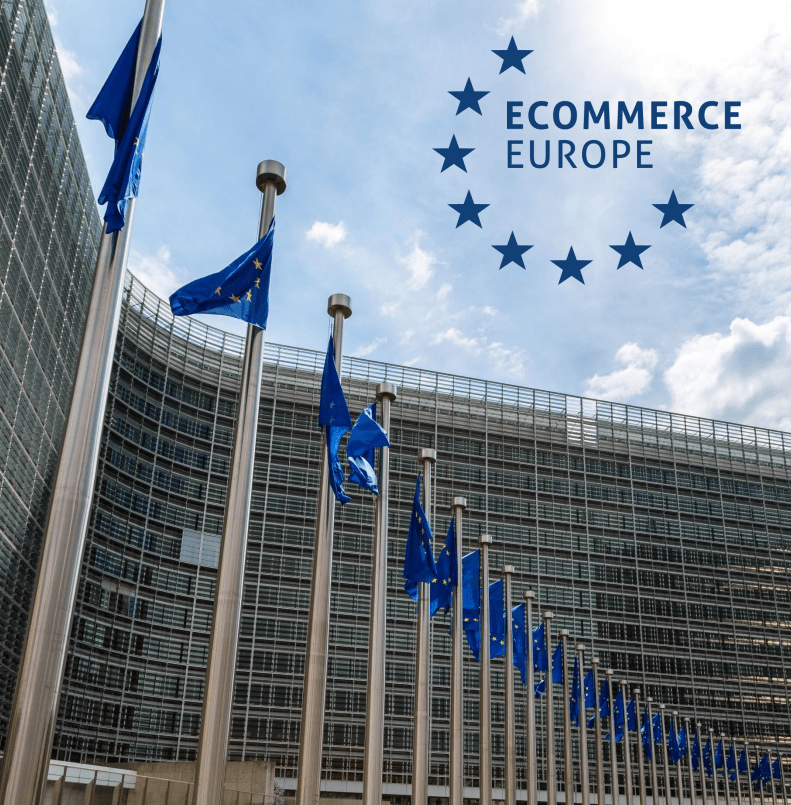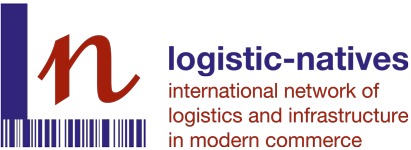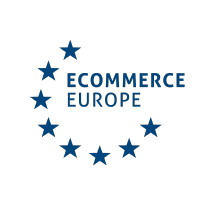
Ecommerce Europe’s contribution to roadmap on
Customs Risk Management
Ecommerce Europe welcomes the initiative of the European Commission to gather stakeholders’ feedback on a possible revision of the EU Strategy for Customs Risk Management. We believe the following elements should be key of such a strategy, while ensuring a level playing field between all stakeholders:
1. Strengthening the EU Authorised Economic Operator (AEO) Programme by fostering processbased controls and pursuing centralised clearance for trusted traders
• A key mechanism to increase efficiency of EU customs should be to further facilitate trade by trusted traders, as this will support compliant and legitimate businesses while allowing customs authorities to focus more on fraud and non-compliance risk areas. The AEO programme should be incrementally improved in terms of simplifications and moved from a transaction-based to a process-based approach. In addition, the true potential of centralised clearance for AEO needs to be unlocked by providing unilateral clearance capabilities to the supervising customs office.
• Other reforms for AEO traders should include: o Clearance procedures based on entry in declarant’s records needs to become a standard, while other ways of clearing of goods (today’s standard and simplified declarations) only back-up solutions for AEO trusted traders.
o Self-assessment needs to become a common feature across the AEO traders, especially in respect of determining the amount of import and export duty payable, as well as performing certain controls under customs supervision. AEO traders should have access to post-entry customs clearance data to identify inconsistencies with e.g. Import One Stop Shop (IOSS) reporting.
o The formal process to obtain various AEO authorisations should be incrementally shortened and simplified while maintaining sufficient guardrails.
o Further simplifications for other trusted traders should be considered, such as operators / marketplaces using the IOSS to collect and remit VAT on imported consignments not exceeding 150 EUR sold by third parties.
o To boost exports out of the EU, consider introducing simplified confirmation of export by an AEO / trusted trader.
2. Harmonisation and simplification of customs processes
• Further work is needed to ensure harmonised application of the Union Customs Code (UCC), its secondary legislation and local processes/guidelines in Member States. The non-unified approach by the customs authorities of different EU Countries in terms of interpretation and practical application of customs legislation combined with a highly diverging risk perception across member states results in:
o very significant differences in pre-clearance and clearance processes as well as average lead times and inspection rates across member states. This is regardless of similar risk elements such as content, origin, valuation, importer and exporter or routing.
o a valuation method or classification approved in one Member State is challenged by another Member State’s authorities. This today happens despite a binding tariff information in place. In light of the above, further efforts by EU policymakers are needed to drive standardisation in the processes and approaches of the Member States’ authorities.
• There is an urgent need for an EU harmonised and transparent list of prohibited and restricted (and excisable) goods, to limit possible unintended use of simplified procedures (either H7 dataset or entry in the declarant’s records) for customs clearance of certain goods.
3. Efficiently address the increased e-commerce flows
• The EU customs environment should be adapted to the trends and needs in the consumer business, where same/next day deliveries have become industry standards. Customs processes should be simplified, and clearance times should be shortened while ensuring increased risk control capabilities.
• The functioning of the IOSS should be evaluated, and misuse of IOSS numbers should be measured and mitigated by implementing end-to-end customs data sharing mechanisms.
About Ecommerce Europe
Ecommerce Europe is the sole voice of the European Digital Commerce sector. As a result of joining forces with EMOTA, Ecommerce Europe now represents, via its 24 national associations, more than 150,000 companies selling goods and services online to consumers in Europe. Ecommerce Europe acts at European level to help legislators create a better framework for online merchants, so that their sales can grow further.
Website: www.ecommerce-europe.eu

